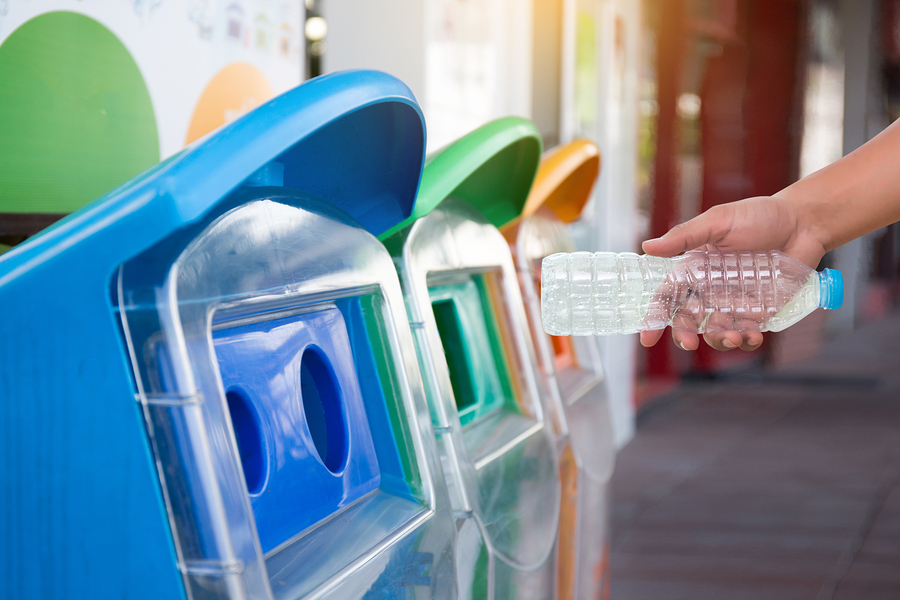Nearly all consumers (92%) think food and beverage brands should actively promote recycling, according to recent survey by the Carton Council of North America. Not only that, but more than half (56%) said that their loyalty to a brand is influenced by how much that brand engages in environmental causes.
This news should not be a surprise. Consumers, especially Millennials and Generation Z, are becoming increasingly concerned with sustainability, and they’re demanding that brands do the same. A 2015 Nielsen survey found that two-thirds of people are willing to pay more for sustainable products and more than half consider sustainability factors in their purchasing decisions.
The Carton Council study results also suggest that people would like to recycle more than they actually do — 94% said recycling is important and people should do what they can to recycle, while only 61% said they always recycle their food and beverage cartons.
Part of the problem is that not everyone can recycle easily — currently, only 62% of U.S. households have access to carton recycling. In addition, people aren’t always sure what goes in the recycling bin. In a 2016 Mintel survey, 1 in 4 respondents said it isn’t always clear what’s recyclable, while 65% of respondents in the Carton Council survey said that if a package doesn’t clearly indicate it’s recyclable, they assume it’s not.
This is where food and beverage companies can help, for example, by displaying the “Please Recycle” logo, which they’ve been able to do since January 2017 (when access to carton recycling passed the 60% threshold set by the Federal Trade Commission).
Some examples of food and beverage companies leading the charge include PepsiCo, with its “Give Recycling 100 Percent!” commercial, and Coca-Cola Company, which recently announced that they will collect and recycle the equivalent of 100% of its packaging by 2030.
As Millennials and Gen Zers control more of the purse strings, corporate environmental responsibility will become more important. Companies that start to prioritize these initiatives now will find themselves in the best position for the future.

